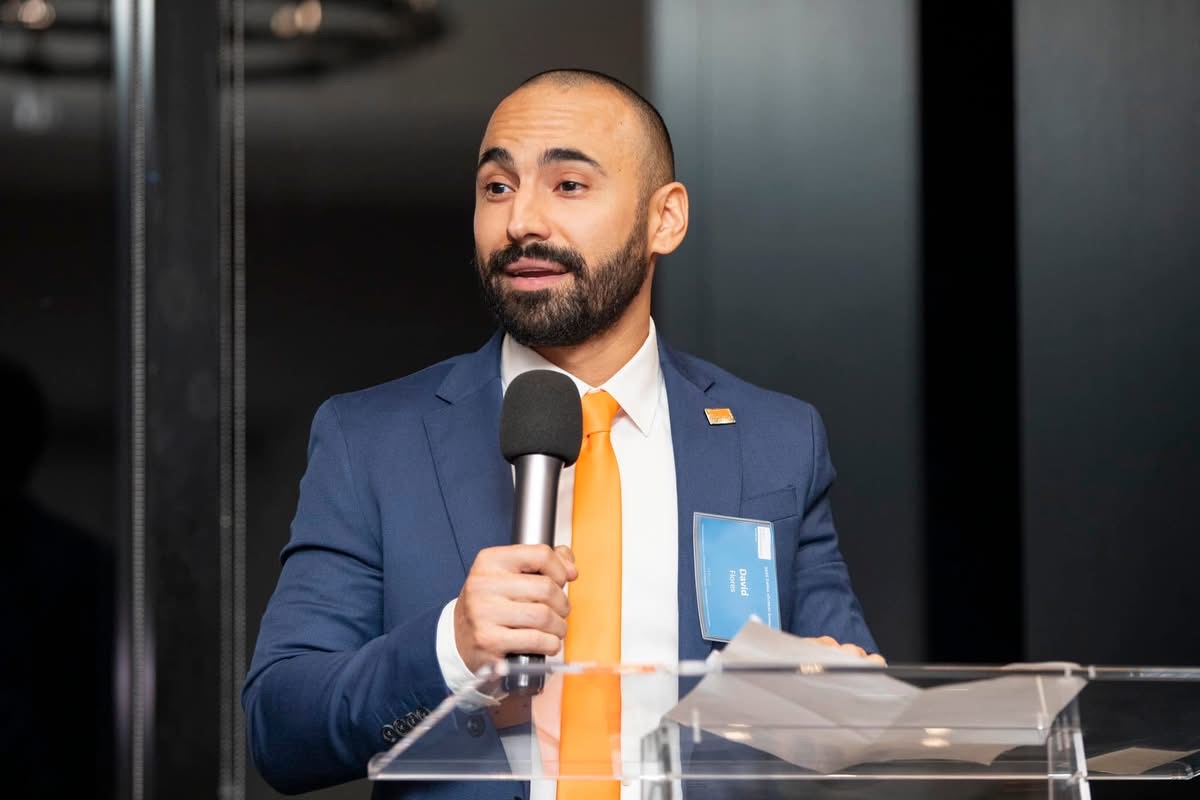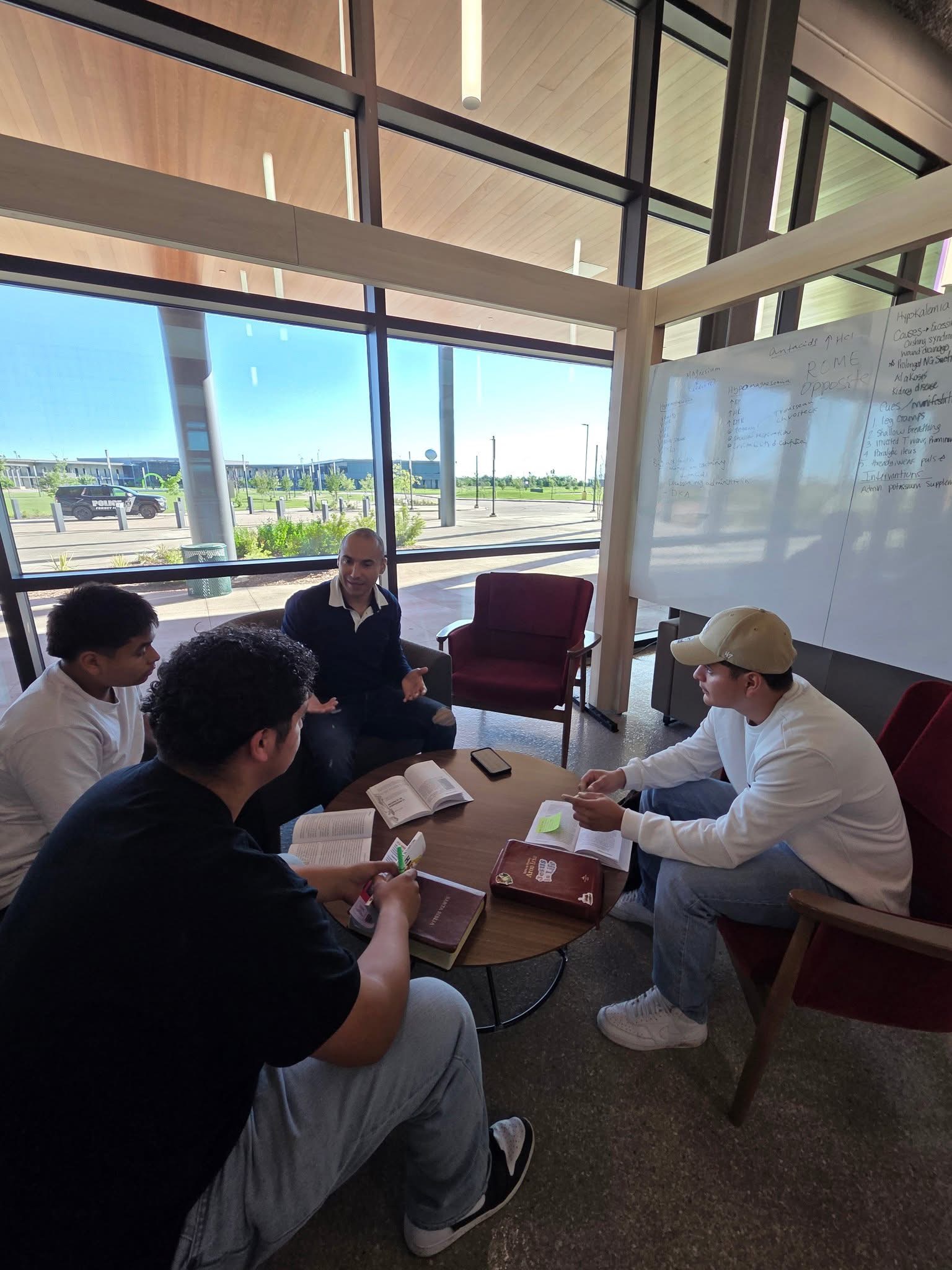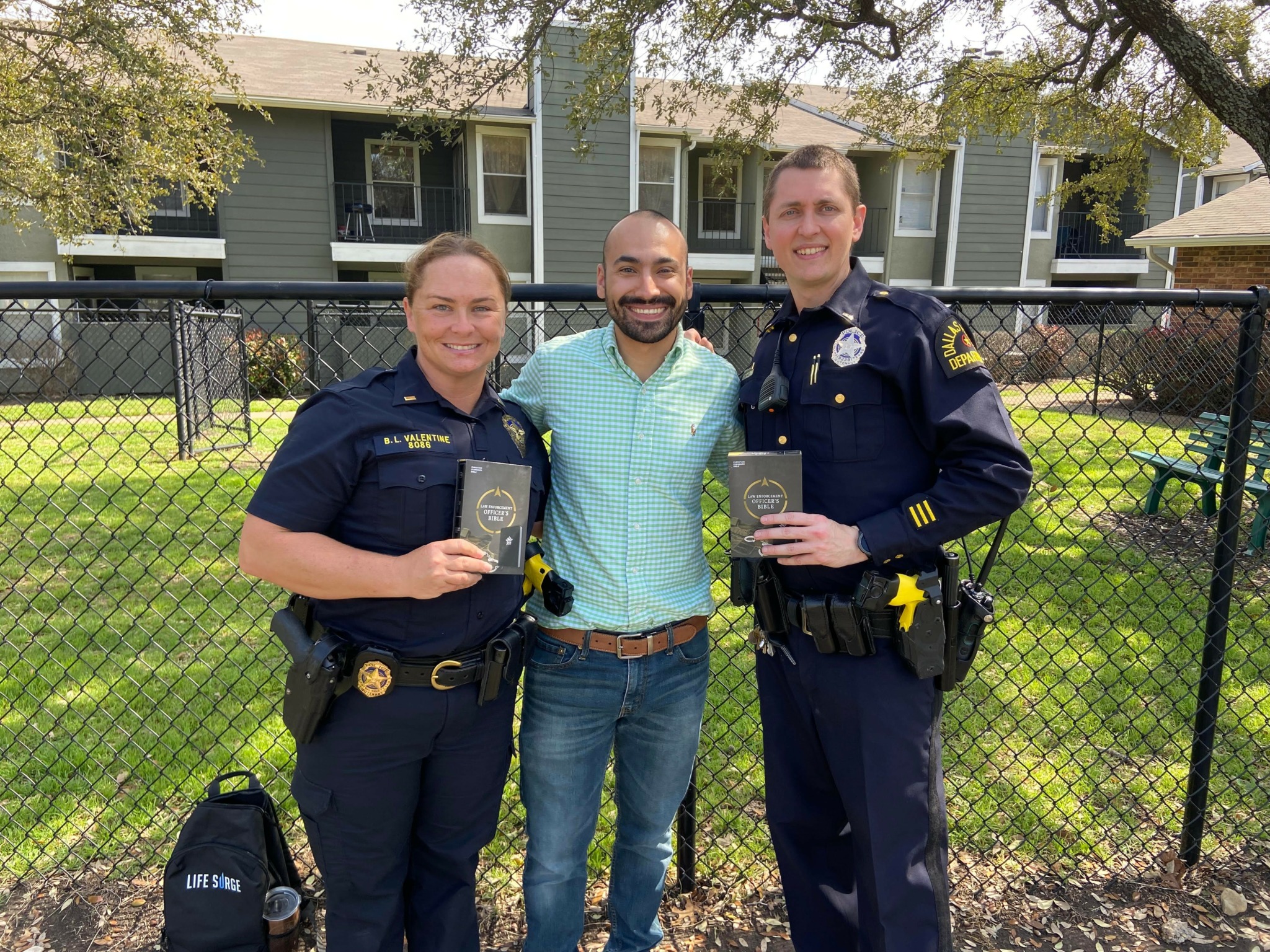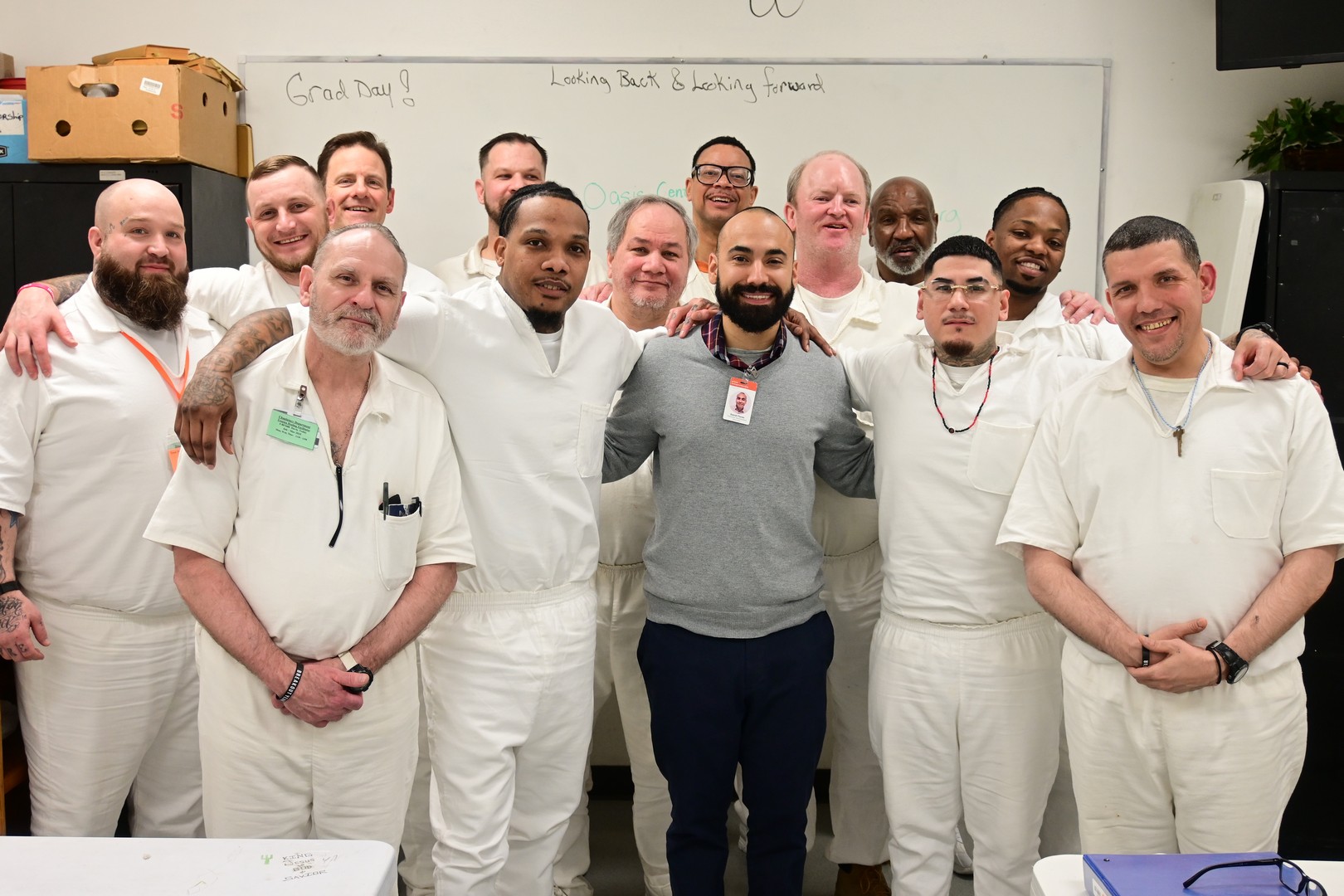We caught up with the brilliant and insightful David Flores a few weeks ago and have shared our conversation below.
David, looking forward to hearing all of your stories today. Is there a heartwarming story from your career that you look back on?
As a Character Development Specialist for the Prison Entrepreneurship Program (PEP), I’ve had the privilege of walking alongside men who are striving to transform their lives. One of the most challenging moments in my career came when I had to make the decision to separate a participant from our program due to serious misconduct.
I had been working closely with him, helping him grow in his character and challenging him to make better choices. I knew how much he needed this program. But after a significant infraction, I had to hold the line and protect the integrity of PEP.
When I delivered the news, he was distraught. He denied everything and reacted with anger and belligerence. It wasn’t easy for me either — everything in me wanted to find a way to keep him enrolled. But I knew that true transformation requires accountability. If I compromised here, it wouldn’t just weaken the program — it would fail him, too.
Months later, something unexpected happened. The same participant approached me, this time with a completely different attitude. With humility in his voice, he said, “Thank you. That decision changed me.”
He explained that being removed from the program forced him to face himself and make the adjustments he had been resisting. What he once saw as punishment, he now recognized as a turning point in his growth.
That moment reaffirmed an important lesson for me: helping someone grow sometimes means making hard decisions. Loving people well doesn’t mean lowering the standard; it means holding them to it so they can rise to meet it.
I walked away that day grateful — grateful to be part of a program where we can balance compassion with integrity. That experience reminds me that true change happens when grace and accountability meet.
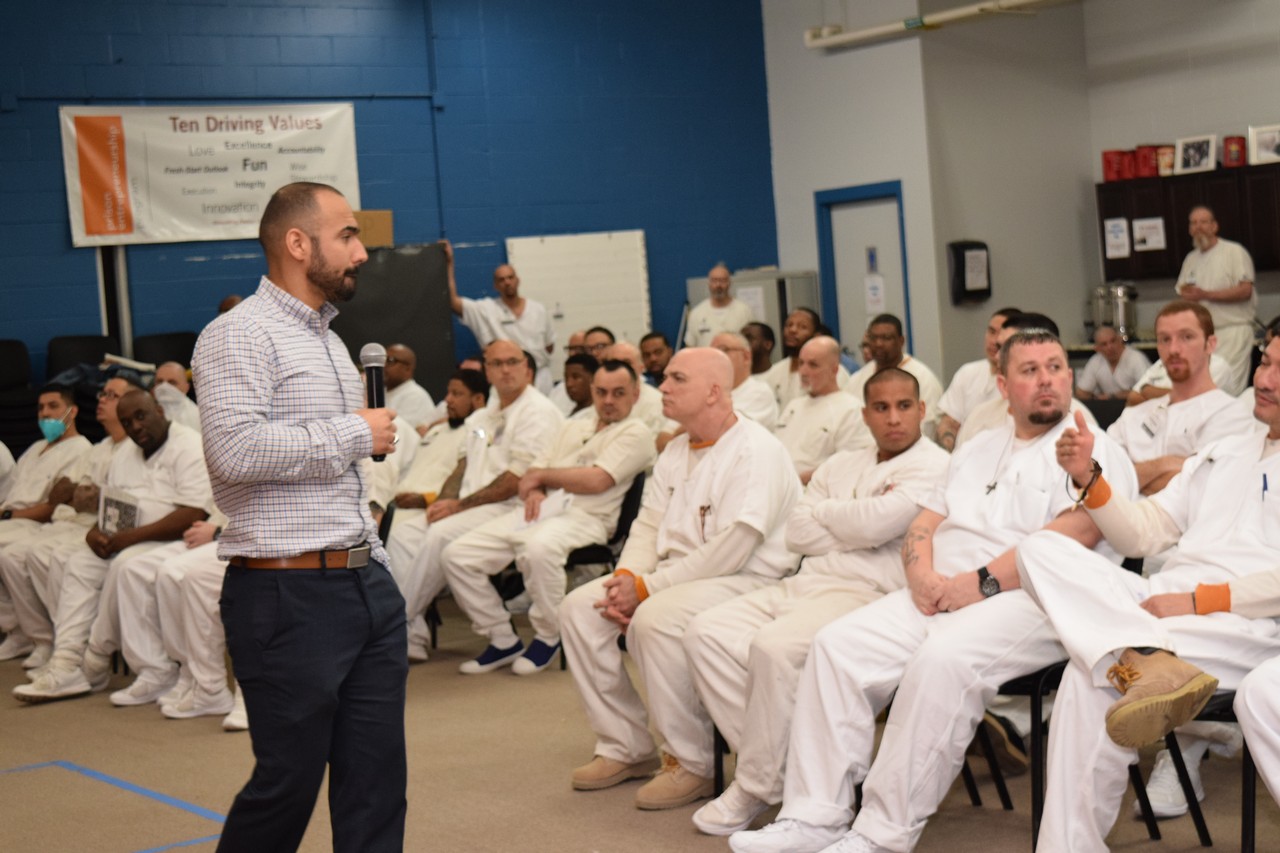
Awesome – so before we get into the rest of our questions, can you briefly introduce yourself to our readers.
My name is David Flores, and my journey has been shaped by both personal transformation and a passion for helping others discover theirs. Today, I serve in several roles that allow me to come alongside people in some of their most critical seasons of life.
I am currently a Character Development Specialist with the Prison Entrepreneurship Program (PEP), where I help incarcerated men identify their strengths, confront destructive patterns, and develop the character and leadership skills needed for a successful reentry into society. Through structured classes, personal coaching, and group facilitation, I guide participants in building self-awareness, accountability, and resilience — three qualities that are vital not only for reentry but for lifelong growth.
I also serve as a Trauma Healing Facilitator and Trainer, equipping individuals and groups to process deep wounds through a faith-based approach to healing. Many of the men and women I encounter carry pain from past traumas that often hinder personal and relational growth. Through safe, guided sessions, I help participants walk toward emotional restoration and spiritual freedom.
In addition, I serve as a Chaplain with Marketplace Chaplains, where I provide care, counsel, and spiritual support to employees in workplaces. These moments allow me to meet people where they are — often in times of crisis — and offer a listening ear, hope, and encouragement.
Beyond these roles, I lead my own ministry through IDEA Consulting, where I consult, equip, and train ministries, leaders, and organizations to implement biblically grounded curricula and leadership frameworks. One of the core tools I use is the IDEA Paradigm — Instruct, Discuss, Execute, Assess — a discipleship-based model designed to help leaders multiply their impact by combining biblical truth with practical application.
What sets me apart is my holistic approach. I believe transformation requires addressing both the heart and the mind, combining biblically sound teaching, practical leadership development, and personal care. I’ve seen firsthand how character growth, spiritual formation, and leadership training come together to change lives — not just for individuals but for entire communities.
I’m most proud of being able to walk alongside people in their journeys of transformation. Whether it’s an incarcerated man finding his identity beyond his past, an employee discovering hope in the middle of a personal crisis, or a church leader equipped to disciple others effectively, my greatest joy comes from helping others unlock their God-given potential.
For anyone who connects with my work — whether through PEP, trauma healing, chaplaincy, or IDEA Consulting — I want them to know this: lasting change is possible. With the right tools, a supportive community, and a Christ-centered foundation, we can rebuild what was broken, restore what was lost, and step into the life we were created to live.

Other than training/knowledge, what do you think is most helpful for succeeding in your field?
Other than training and knowledge, I believe the most important factor in succeeding in my field is to genuinely care for people. In the work I do — whether it’s character development, trauma healing, chaplaincy, or leadership consulting — it all begins with building trust and relationships.
The people I serve need to know that I’m for them — that I see their potential, believe in their capacity to grow, and want the best for them. When clients believe you genuinely care, they become open to receiving feedback, embracing accountability, and making necessary changes. But if they sense that you’re simply enforcing rules or going through the motions, they’ll naturally resist.
True transformation happens in an environment where people feel valued, respected, and understood. Training gives us tools, but care gives us influence. In my experience, it’s not enough to deliver information — people respond when they know they matter. That’s what opens the door for growth and lasting change.
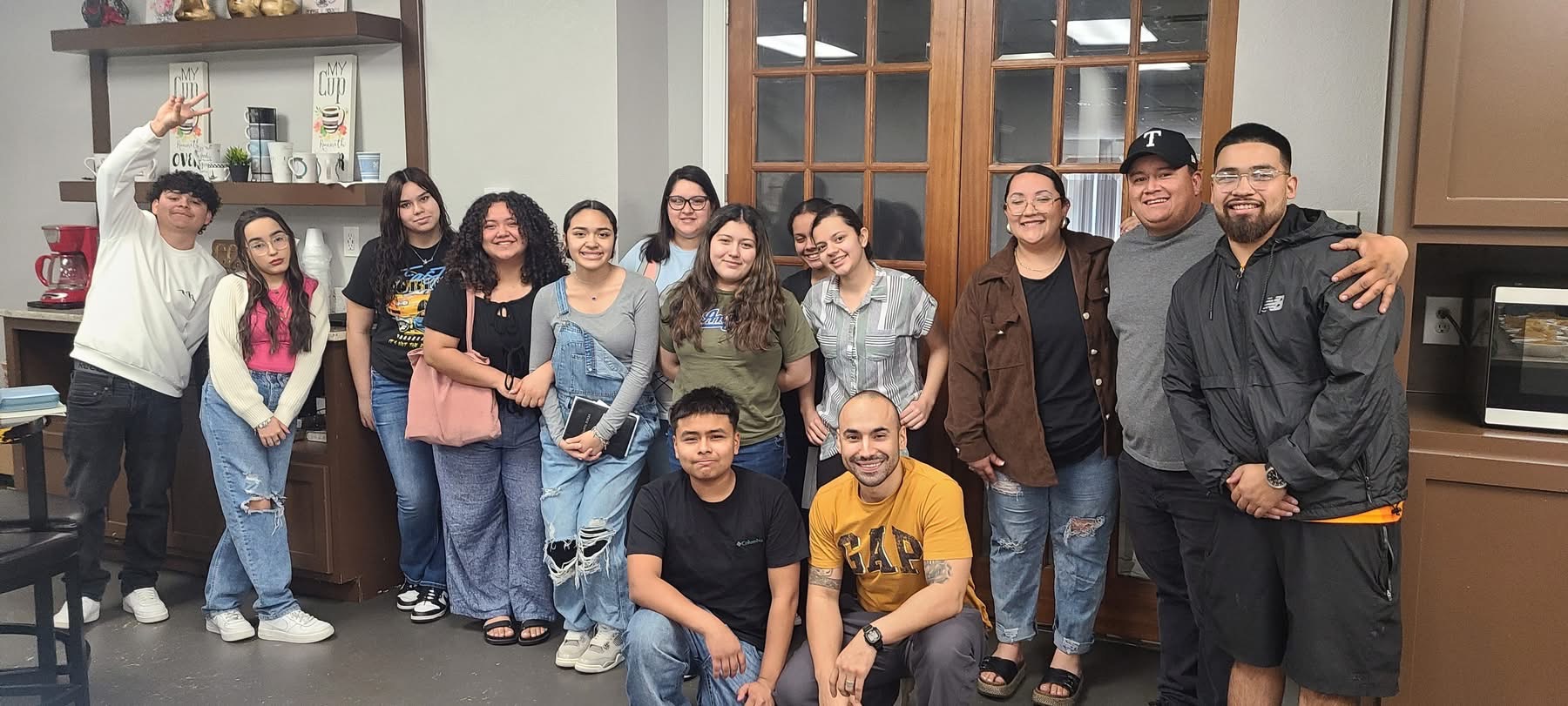
Any advice for managing a team?
My advice for managing a team and maintaining high morale is to lead through both relationship and results. Effective leadership starts with building genuine connections with your team. When people feel valued, heard, and free to offer feedback, they don’t just follow you because they have to — they follow you because they want to. Creating an environment of trust and respect lays the foundation for team unity and motivation.
But relationships alone aren’t enough to sustain high morale. People also need to see that their leader can deliver results and guide the team toward meaningful goals. It’s about showing them how to work effectively, helping them identify and leverage their strengths, and demonstrating that everyone’s contribution matters. When a team sees progress, celebrates wins, and achieves goals together, morale naturally grows stronger.
In my experience, the most successful leaders strike this balance: they care for their people and equip them to succeed. When a leader fosters connection while driving results, teams thrive — not just because they feel appreciated, but because they’re part of something purposeful and impactful.
Contact Info:
- Instagram: i_am_mybeloveds2017
- Facebook: David N Pearl Flores
- Linkedin: https://linkedin.com/in/david-flores-1505aa13b
